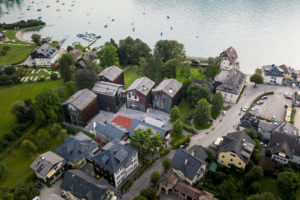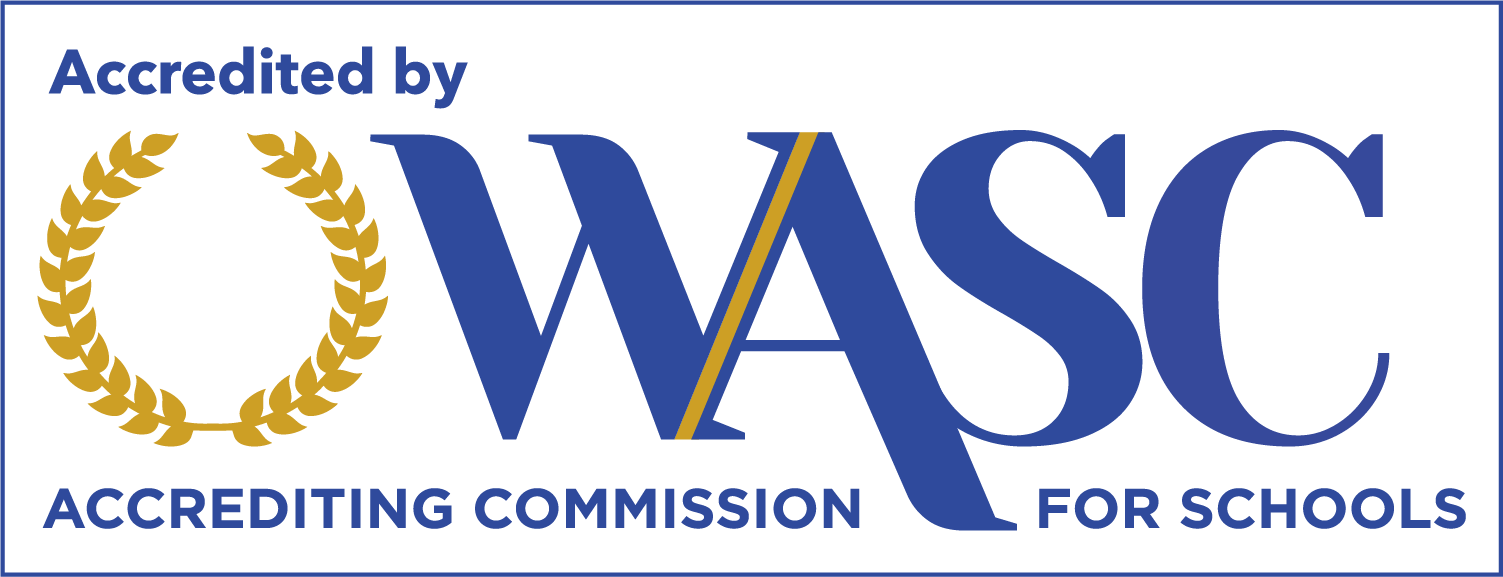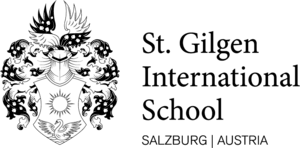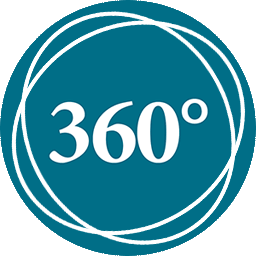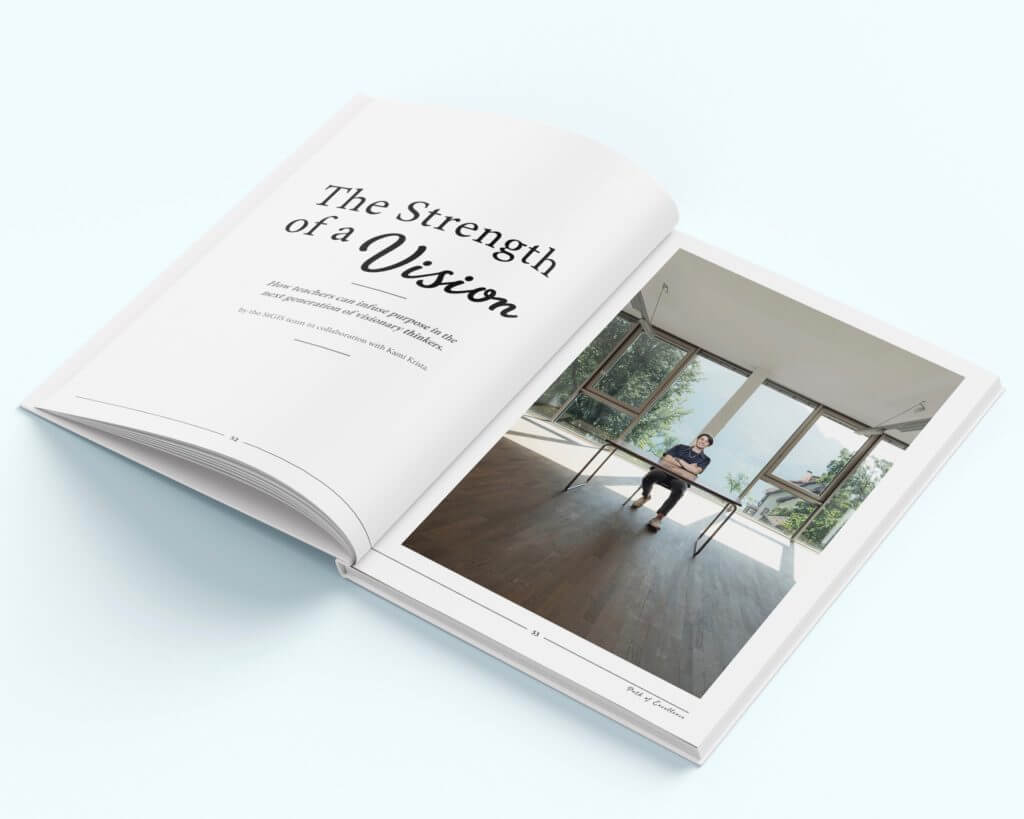
What is your advice when it comes to following a vision and choosing a career path?
Other people will always try to push on you that your vision is a particular career, a particular university or a particular kind of job. I think it’s important to think about vision in terms of your passion and purpose, and not in terms of technicalities and the mechanics of getting there, because this is where you can fail – for example, you might get accepted into that institution, you might not get that job, you might not meet that person. Being able to adapt to changes is only possible if you are very sure about your higher purpose.
How did you find your higher purpose?
At St.Gilgen, teachers didn’t follow a script. Yes, once you enter the IB there are certain things you need to cover, but there’s still a lot of freedom in the way you cover them. It wasn’t part of the curriculum but in class we started talking about HIV and how the virus works and its mechanism. We did a really basic overview mainly because it was a really good example for a particular topic we were covering – I can still remember my mind just began buzzing with ideas. That’s the day it all started!
How did this passion develop?
So my teacher John Patton asked me to stay behind after class – he had noticed the normal speed of class was a bit too slow for me, so he pitched me an idea. I would continue to do normal homework, but I could use the class time to study more advanced topics. When he mentioned this, I felt a surge of excitement because I immediately thought of dedicating this time to studying HIV. After that, it was like a snowball, it just picked up more and more momentum.
And it led you to Harvard…
Yes. I chose to study bioengineering because at the end of the day I will come out of it with a toolkit, and not with memorised knowledge. Ultimately what you want are tools that you apply and wield, so when any given situation comes at you, you can devise a way of responding to it instead of training for one particular situation that might never come in the future.
You’ve always found passion in problems…
Yes, instead of career goals, I was always very much focused on what issues I wanted to solve. Very early on, when I was around 7 or 8 years old I started getting into climate change. Now a lot of young kids are very much into the issue because it’s become a global conversation – but back then it was 2006, before the financial crisis – which when it hit, became all everyone spoke of – and at the time it wasn’t seen as cool, or great to be into it – back then I knew it was a massive issue and it was pretty much all I thought about for many years.
You’re taking a semester off to pursue a project in climate change…
Yes. I’ve circled back to a lot of the ideas that have been festering in my mind, I guess, and I’ve started testing out a lot of them by doing interviews with many different individuals. I’m trying to think a step ahead. Like, now that we have this movement, what’s the next step? Where do we have to be? Where should we already be?”
Sounds exciting! Are you optimistic about the future?
I think there are so many reasons to be optimistic – we have an opportunity to build a better, more equitable world. I’m also excited about the fact that there are so many young people doing amazing things. They’re deciding not to go into jobs that would pay them an extraordinary amount of money and instead choosing to work on bigger causes. Money may be tighter, but it’s worth it because they’re working on something worthwhile.
Do you have any advice for young students looking to make big decisions?
Viktor Frankl’s “Man’s Search for Meaning” echoed with me. Of course, it’s an extreme example, and we can never truly understand the horrors of a concentration camp or the third reich – but one of the things he says is that it’s about ‘keeping the why’ and there’s a goal in life waiting for you. Once you have that, you can undergo any form of hardship. Again, I just want to stress there are no hardships we can face that can compare with his experience, but overall his message of finding purpose resonated with me.
Thanks for sharing your thoughts and ideas with us, Kami. You’ve been a pioneering part of St.Gilgen International School…
Yes, my parents learned about the school through a serendipitous meeting in Venice with the founder and architect of the school, Alexander Serda. He told them about the school he was building, and it sounded like a place where I would be challenged if I wanted to go in a particular direction and that people would really support me there. I found the opportunity of being part of something new exciting – helping to influence, shape and be part of a visionary project!
Kami’s thoughts and experiences will be discussed in an article ‘The Strengths of a Vision’ published in ‘Path of Excellence’ – a book full of extraordinary St. Gilgen International School stories. Stay tuned!





